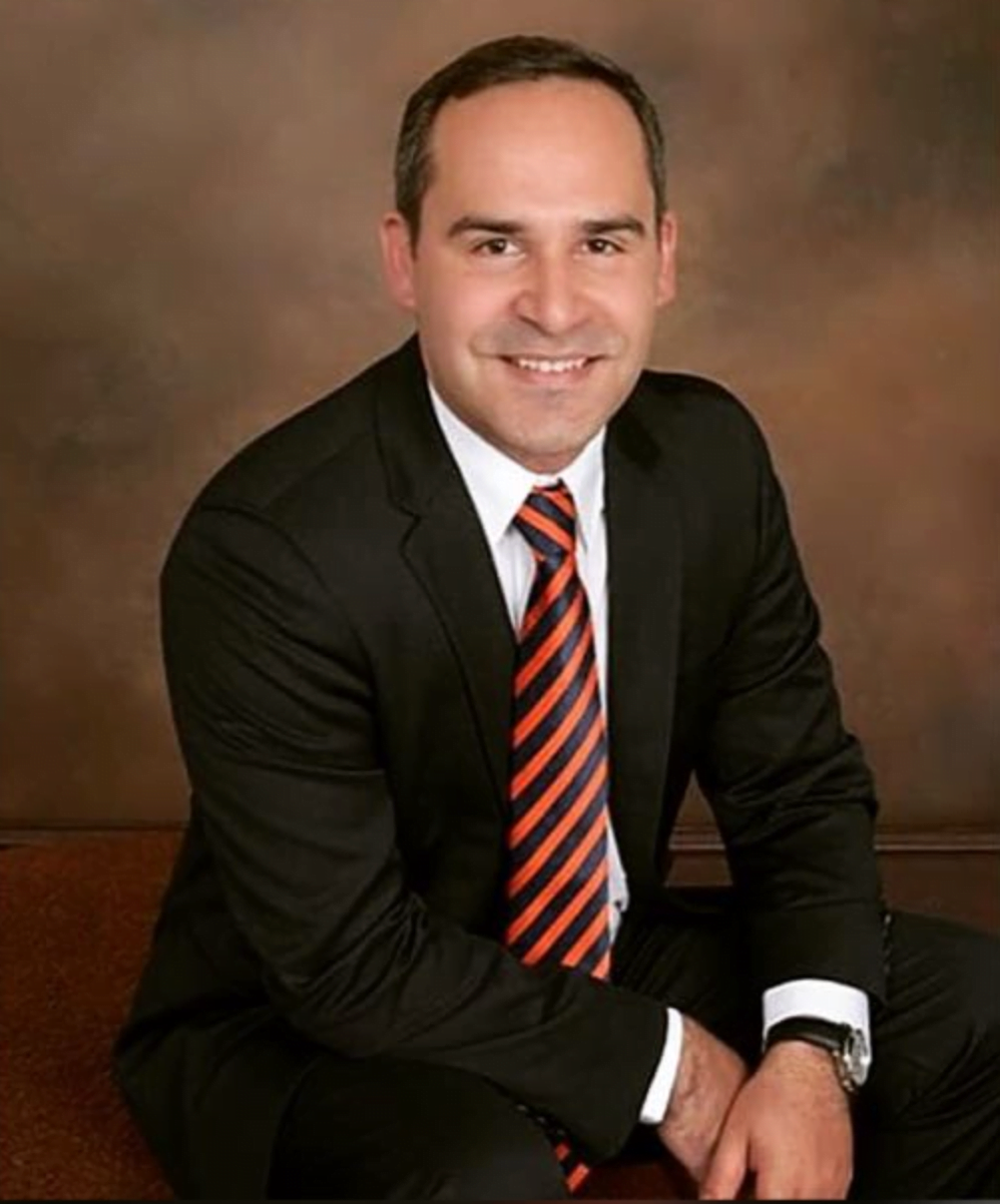
This post was originally published on this site
The way societies have treated people who are different has changed from one culture to another and from one time period to the other. And while we might allow ourselves to believe that we’ve never been as humane, caring, and inclusive as we are right now, the reality is that no matter how good we have it, there’s always room for improvement.
Carlos D. Cienfuegos is one of the people who are working tirelessly towards pushing societies forward on the issues of how people with developmental disabilities are treated and what kinds of services they and their families are able to access.
Cienfuegos started the non-profit Sentry Living Solutions after experiencing firsthand the gaps in the way service providers run their organizations. “After I graduated with my undergrad in psychology, my first job was working as a Program Coordinator at an organization that serves adults with developmental disabilities,” he says. “They still used paper for documentation. But I also saw that the client’s progress was never really happening.”
A firm believer in the possibility of improvement through empowerment, Cienfuegos started Sentry Living, knowing that he’d have to educate two separate groups of people. The first was his future customers, who needed to acquire a skill set that was completely different from what is taught in school curriculums. For them, learning life skills was paramount.
ADVERTISEMENT
“In ILS, the Independent Living Services, we provide educational services and teach life skills. The goal is to help individuals achieve a level of independence from their family and support system,” Cienfuegos says. “Some achieve this level of independence, and we end up working ourselves out of the job as they become busy with work or school.”
In some cases, however, people might need ongoing help throughout their lives, which is where Supported Living services come into play. The two additional types of services Sentry Living Solutions offers, Behavioral Services and Supported Employment, also have a good deal of education in them. Whether they’re teaching them how to socialize and find a date or how to perform a specific job, education is crucial for the wellbeing of people with developmental disabilities.
The second group Cienfuegos would have to educate— everyone else. That’s where advocacy comes in, and it involves helping the general public, as well as the regulators, understand what the non-profit is, what it isn’t, and what kinds of services it offers.
“In many instances, such as when we engage with legislators or even doctors, our industry is challenging for people to categorize or define clearly,” says Cienfuegos. “The state representatives sometimes consider us part of the healthcare sector, while others seem unsure, and some even view us as educational services.”
It’s an area where even professionals struggle to put a specific label on the industry because of how complex and non-traditional it might be to have such a group of services in one place. Cienfuegos has a way of framing it he likes to share and remove any misconceptions.
“I believe we should be classified as human services,” he says. “We don’t focus on treating people’s problems in the traditional sense like healthcare does for preventive health. At the same time, we’re not solely mental health services either.” And while they do provide educational service to some of their customers, they’re not an educational organization. If it’s what their clients need and what the public needs to help integrate their clients, Cienfuegos and his team will provide it.
Copyright © 2023 California Business Journal. All Rights Reserved.






